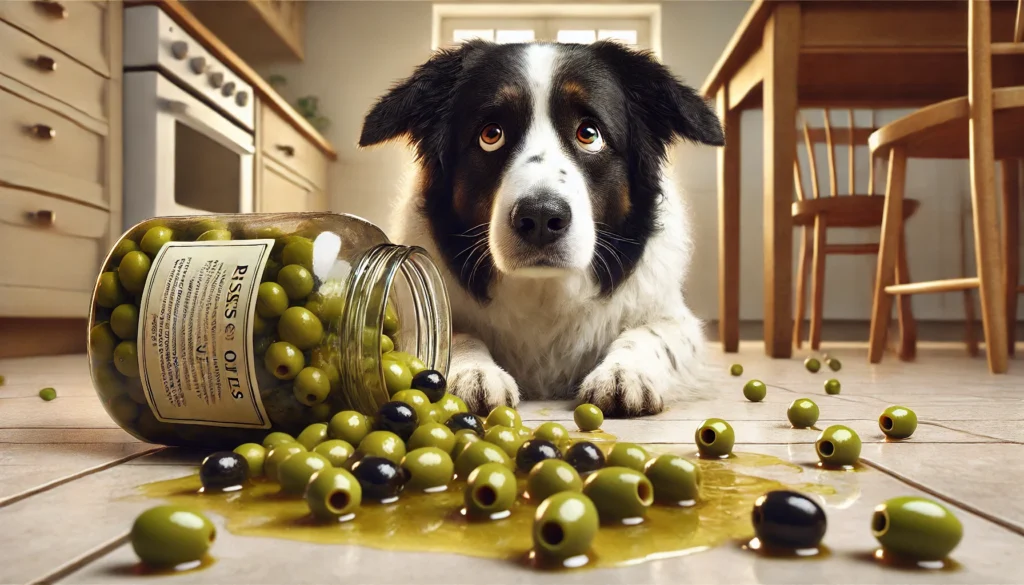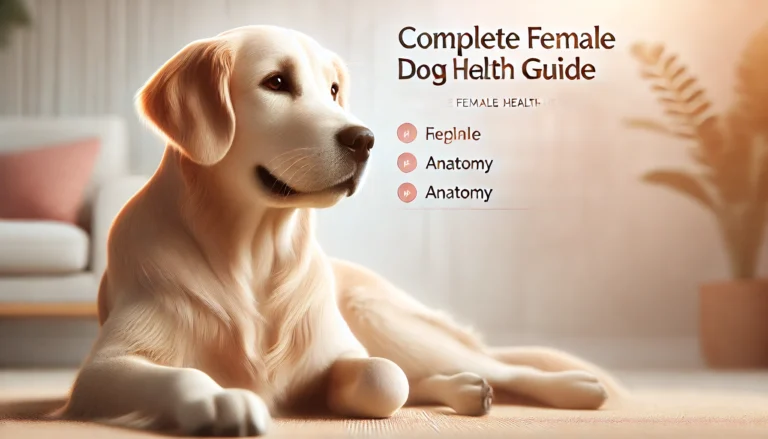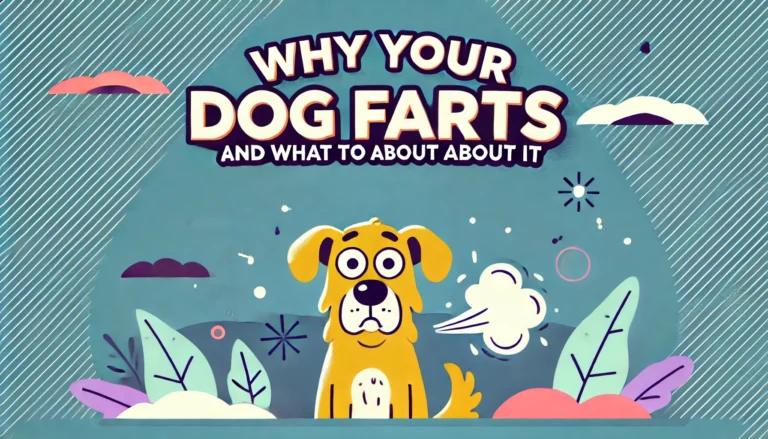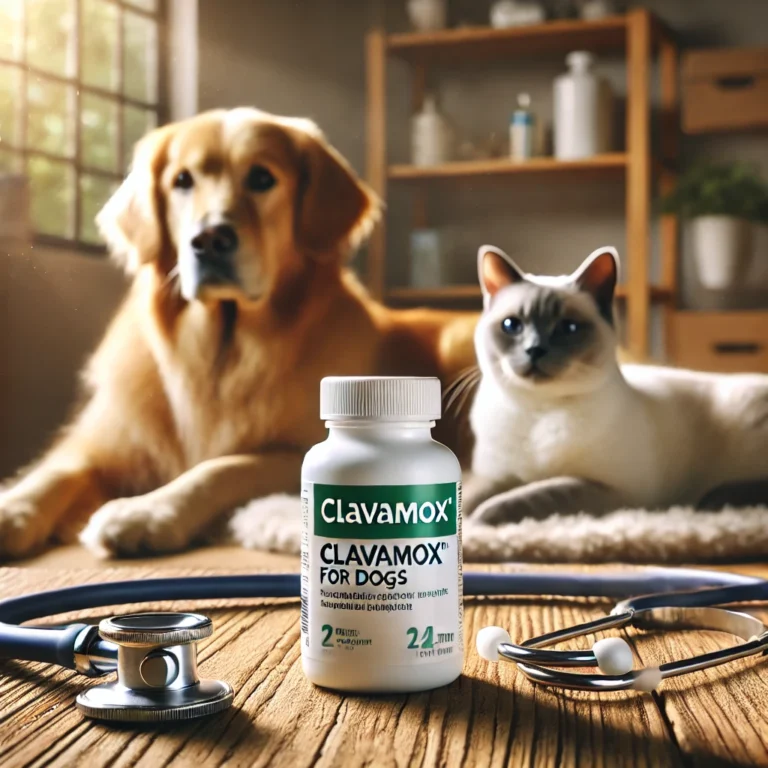Can Dogs Eat Olives? A Comprehensive Guide

When considering the dietary options for our canine companions, it’s natural to wonder whether olives are a safe and healthy choice. Let’s delve deeper into whether dogs can eat olives, exploring the potential benefits, risks, and how to incorporate them into your dog’s diet responsibly.
Can Dogs Eat Olives?
Yes, dogs can eat olives in moderation. Olives themselves are not inherently toxic to dogs, but there are important nuances to consider before offering them as a treat.
Benefits of Olives for Dogs
Olives offer several potential health benefits for dogs:
- Antioxidants: Olives contain compounds like oleuropein, which possess antioxidant properties. Antioxidants help neutralize harmful free radicals in the body, potentially reducing oxidative stress and inflammation.
- Healthy Fats: Olives are rich in monounsaturated fats, particularly oleic acid. These fats can support a shiny coat and healthy skin in dogs. They also play a role in maintaining cellular health and supporting the immune system.
- Vitamins and Minerals: Olives contain essential nutrients such as vitamin E, which is beneficial for skin health, and minerals like iron and calcium, important for overall bodily function.

Risks of Feeding Olives to Dogs
While olives can provide nutritional benefits, they also come with certain risks:
- High Sodium Content: Olives, especially those preserved in brine or stuffed with other ingredients, can be high in sodium. Excessive sodium intake can lead to sodium ion poisoning in dogs, characterized by symptoms like vomiting, diarrhea, excessive thirst, and potentially more severe consequences if not addressed promptly.
- Fat Content: While healthy fats are beneficial, too much fat can lead to digestive upset and, in extreme cases, pancreatitis—a serious condition that requires immediate veterinary attention. It’s crucial to feed olives sparingly and avoid overindulgence.
Can Dogs Have Olive Oil?
Another common query among dog owners is whether olive oil, derived from olives, is safe and beneficial for dogs.
Is Olive Oil Good for Dogs?
Olive oil can indeed offer several health benefits for dogs when used appropriately:
- Healthy Fats: Olive oil is primarily composed of monounsaturated fats, which are considered heart-healthy for dogs. These fats can improve coat condition, reduce inflammation, and support cardiovascular health.
- Anti-inflammatory Properties: The antioxidants present in olive oil, such as oleocanthal, may help mitigate inflammation and potentially alleviate symptoms of conditions like arthritis in dogs.
How to Safely Use Olive Oil for Dogs
- Moderation: As with any added fat in a dog’s diet, moderation is key. Small amounts of olive oil can be drizzled over your dog’s food occasionally to enhance flavor and provide nutritional benefits without overwhelming their digestive system.
- Quality Matters: Opt for high-quality, extra virgin olive oil that is free from additives, preservatives, or additional flavorings. Organic options can be preferable, as they are less likely to contain harmful residues.
Incorporating Olives and Olive Oil into Your Dog’s Diet
When introducing olives or olive oil to your dog’s diet, take the following precautions:
- Start Slowly: Introduce olives or olive oil gradually into your dog’s meals to observe how they respond. Watch for any signs of digestive upset or allergic reactions, such as itching, swelling, or difficulty breathing.
- Consult Your Vet: Especially if your dog has pre-existing health conditions, dietary restrictions, or is on specific medications, it’s essential to consult your veterinarian before making any significant changes to their diet. Your vet can provide personalized guidance based on your dog’s individual needs.
Do You Know
Kitten development is a fascinating and rapid process, with each stage requiring different care and attention. By understanding the kitten development stages and referring to the kitten age chart, you can provide your kitten with the right nutrition, socialization, and environment to thrive. From their early days as helpless newborns to their growth into active, curious young adults, kittens go through significant changes that shape them into the cats we love.
Conclusion
In conclusion, olives and olive oil can be safe and even beneficial additions to your dog’s diet when used in moderation and with careful consideration of their nutritional content. While olives offer antioxidants, healthy fats, and essential nutrients, they also pose risks such as high sodium levels and excessive fat content, which can adversely affect your dog’s health if consumed in large quantities. By understanding the balance and consulting with your veterinarian, you can ensure that your furry friend enjoys olives and olive oil as occasional treats without compromising their well-being.
Remember, your veterinarian is your best resource for tailored advice regarding your dog’s diet, health, and nutritional needs. By working together, you can make informed decisions that promote your dog’s overall health and happiness.
Can Dogs Eat Green or Black Olives?
Yes, dogs can eat green or black olives in moderation. Both types are not toxic to dogs, but there are risks to consider. Olives can be high in sodium, especially if they are preserved in brine, which can lead to salt poisoning in dogs if consumed in excess. Additionally, the pits in olives pose a choking hazard and can cause intestinal blockages. If you want to give your dog olives, make sure they are pitted and served in small amounts. Always consult with your veterinarian before introducing new foods like olives to your dog’s diet.
How Much Olive Can a Dog Eat?
When asking, “Can dogs eat olives?” it’s important to remember that moderation is key. Dogs should only have a few olives as an occasional treat, not a regular part of their diet. A couple of pitted olives should be enough, as excessive consumption can lead to digestive upset, high sodium intake, or pancreatitis due to the fat content. Always monitor your dog for any signs of discomfort or digestive issues after introducing new foods like olives to their diet.
Can Dogs Eat Olives from a Jar?
While asking, “Can dogs eat olives from a jar?” the answer depends on the type of olives. Olives stored in brine or pickling solution are often too salty for dogs and should be avoided. The high sodium content can be harmful and lead to sodium poisoning. If you’re giving olives from a jar, ensure that they are not seasoned with any harmful ingredients like garlic or onions, and that they are pitted. Always opt for plain, unsalted olives when sharing them with your dog.
Are Olive Trees Toxic to Dogs?
Olive trees themselves are not toxic to dogs. However, if your dog consumes the olives directly from the tree, you should still be cautious. Overconsumption of raw olives or pits can cause digestive issues or pose a choking hazard. If you’re wondering “can dogs eat olives” from an olive tree, make sure to remove the pits and limit the quantity to avoid potential health risks. Always supervise your dog around olive trees to prevent them from eating excessive amounts of raw olives.
Do Dogs Love Olives?
Many dogs may be curious about olives, but whether or not they love olives can vary by dog. Some dogs might enjoy the taste and texture, while others may not show interest. If you’re wondering, “Can dogs eat olives?” and considering giving them a try, start with a small portion to see how your dog reacts. Olives contain fats and flavors that might appeal to some dogs, but it’s essential to serve them in moderation to avoid any adverse effects on their health.
Can Dogs Have Cucumbers?
Cucumbers are safe for dogs in moderation. If you’re wondering, “Can dogs eat olives?” and also considering cucumbers, the answer is yes—cucumbers are low in calories and a great crunchy snack for dogs. They’re hydrating and can help freshen your dog’s breath. Like olives, it’s important to cut cucumbers into small, manageable pieces to avoid any choking hazards. As always, monitor your dog for any unusual reactions when trying new foods.
Can Dogs Eat Pickles?
Pickles are not recommended for dogs due to their high sodium content. While you might be asking, “Can dogs eat olives?” and considering other foods like pickles, it’s best to avoid them. The excessive salt in pickles can lead to dehydration, excessive thirst, and even sodium ion poisoning. If you’re curious about feeding your dog pickles, make sure they are plain, without any added spices, garlic, or vinegar, and only in moderation, as too much salt can be dangerous.
Can Dogs Have Garlic?
Garlic is toxic to dogs and should never be fed to them. If you’re asking, “Can dogs eat olives?” and considering garlic as a topping for the olives, it’s important to know that garlic can cause serious health issues, including anemia and organ damage. Always avoid giving your dog foods containing garlic or onion, and make sure that olives served to them are free from any harmful ingredients like garlic. Stick to safe alternatives when treating your dog.
Can Dogs Have Pineapple?
Yes, dogs can eat pineapple in moderation. If you’re wondering, “Can dogs eat olives?” and comparing it to pineapple, the answer is similar—both should be given as occasional treats. Pineapple is a good source of vitamins and enzymes but is also high in sugar. You should feed pineapple to your dog in small, manageable pieces and remove the core and skin to prevent choking hazards. Always monitor your dog for digestive upset when introducing new foods like pineapple.
Can Dogs Have Onions?
No, onions are toxic to dogs and should never be fed to them. Onions contain compounds that can cause oxidative damage to red blood cells, leading to anemia. If you are asking, “Can dogs eat olives?” be assured that olives do not contain the harmful compounds found in onions. However, always be cautious about what your dog is eating and make sure to avoid onions in any form, whether fresh, cooked, or as part of other foods like sauces or seasonings.
Can Dogs Eat Watermelon?
Watermelon is safe for dogs to eat in moderation. If you’re wondering, “Can dogs eat olives?” and considering other fruits like watermelon, both can be healthy options when served correctly. Watermelon is hydrating, low in calories, and full of vitamins. However, you should remove the seeds and rind to avoid choking hazards. Serve small, bite-sized pieces of watermelon, and limit it to occasional snacks. Just be sure to introduce it gradually to avoid any digestive issues.
Can Dogs Eat Spinach?
Yes, dogs can eat spinach in moderation. Spinach is a healthy leafy green that provides essential vitamins, minerals, and fiber. If you’re wondering, “Can dogs eat olives?” and comparing it to spinach, both can be beneficial, but spinach should also be given in small amounts due to its oxalate content, which can affect calcium absorption. Make sure to chop spinach up into small pieces before serving it to your dog, and always monitor for any signs of digestive upset.
Can Dogs Have Cheese?
Yes, many dogs can have cheese in moderation, as long as they are not lactose intolerant. Cheese can be a tasty treat and a good source of protein and calcium. However, if you are wondering “Can dogs eat olives?” and considering cheese, it’s important to keep in mind that both olives and cheese should be offered sparingly due to their fat and sodium content. Avoid giving your dog too much cheese, as it can lead to weight gain or digestive issues.
Can I Give My Dog Olive Oil Every Day?
Olive oil can be beneficial for dogs when used in moderation. If you’re wondering, “Can dogs eat olives?” and also considering olive oil, a small amount added to their food can promote a shiny coat, healthy skin, and support joint health. However, olive oil should not be given to dogs every day. Too much oil can cause digestive upset and weight gain. Consult with your veterinarian for the appropriate amount based on your dog’s size and health needs.
Can Dogs Have Bananas?
Yes, bananas are safe for dogs in moderation. Bananas are packed with potassium, vitamins, and fiber, making them a great treat for dogs. If you’re asking, “Can dogs eat olives?” and considering bananas as a snack, both can be part of a healthy diet when served appropriately. Bananas are also easier to digest for most dogs, and you can give them a small piece as a treat. However, like olives, they should only be fed in small amounts to avoid any digestive issues.
Can Dogs Eat Popcorn?
Yes, dogs can eat plain popcorn in moderation. When asking, “Can dogs eat olives?” and thinking about popcorn, keep in mind that while popcorn can be a fun snack, it should not contain butter, salt, or any other seasonings that could harm your dog. Popcorn can be a source of fiber and low in calories, but make sure to remove any unpopped kernels, as they can cause choking. Serve only air-popped popcorn to your dog for the safest option.






